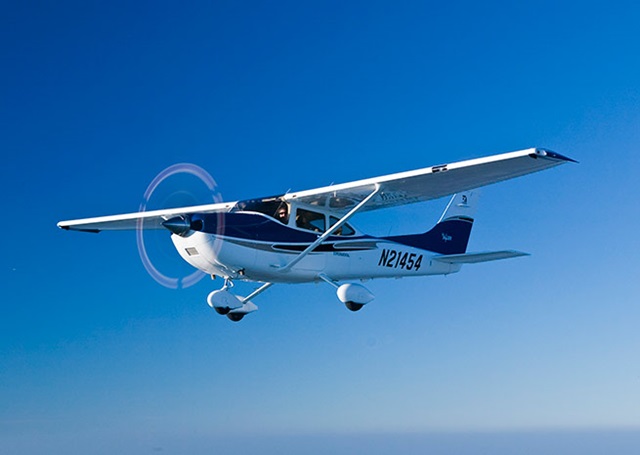
The Senate Committee on Commerce, Science and Transportation has passed the Pilot’s Bill of Rights 2 (S. 571), bringing significant third class medical reform one big step closer to reality.
“This is great news for the pilot community because it brings us closer than ever to meaningful third class medical reform,” said AOPA President Mark Baker. “Bringing the legislation this far has required persistence and compromise in order to get the very best possible deal for pilots while winning the support needed to keep medical reform on the table. Today’s action signals that lawmakers are continuing to move legislation that will help hundreds of thousands of pilots fly safely while saving them millions of dollars and countless hours now wasted on the medical certification process.”
The committee passed the measure by voice vote on Dec. 9. The full Senate and the House of Representatives also must pass the bill before it can go to the president to be signed into law. The Senate bill has 70 cosponsors, and there are 151 cosponsors in the House.
Under the Pilot’s Bill of Rights 2, most pilots who have held a valid third class medical, either regular or special issuance, within 10 years of the legislation’s enactment would never need to get another FAA medical exam. The rule would apply to pilots flying VFR or IFR in aircraft weighing up to 6,000 pounds and carrying up to five passengers at altitudes below 18,000 feet and speeds up to 250 knots.
Pilots who develop certain medical conditions, including a small list of specific cardiac, mental health, or neurological conditions, will have to get a FAA special issuance medical one time only.
For pilots who have not had a valid medical in the past 10 years and those who have never applied for and received a medical certificate, a one-time third class medical certification by an aviation medical examiner will be required. After a pilot has been medically certified once, either through the regular or special issuance processes, he or she also will be able to fly indefinitely without needing to go through the FAA medical certification process again.
After pilots have met these requirements, they will need to visit their personal physician once every four years for a medical exam. Pilots will need to fill out a form and provide it to the doctor performing the exam. The form includes a short questionnaire for pilots as well as a list of items the doctor must include in the examination. Following the exam, both the physician and the pilot must sign the form. The pilot must make a note of the visit and keep the signed form in his or her logbook.
While the form will include some of the items that are now part of the third class medical exam, it will not require the doctor to make a “pass/fail” judgment, and no information about the exam needs to be provided to the FAA unless it is specifically requested.
“This legislation moves the responsibility for managing many health issues out of the FAA’s bureaucracy and puts it in the hands of pilots where it belongs,” said Baker. “The Pilot’s Bill of Rights 2 frees pilots to work with their personal physicians to manage their own health, wellness, and fitness to fly.”
In addition to the medical exam by a personal physician once every four years, pilots will be required to take a free online education course on aeromedical factors every two years. The course will be designed to increase awareness and understanding of medical factors that can affect a pilot’s fitness to fly.
Under the bill, the FAA will have a year from the date the legislation becomes law to produce a final rule reflecting the legislation’s provisions. If the final rule is not ready within one year of the bill’s enactment, pilots will be allowed to fly under the guidelines set out in the legislation without facing FAA enforcement action. The legislation also directs the FAA to streamline the special issuance medical process and identify additional medical conditions that AMEs can issue medical certificates for without requiring the pilot to go through the special issuance medical process.
Learn more about the legislation and how it pertains to you on AOPA’s Third Class Medical Reform FAQs Web page.



